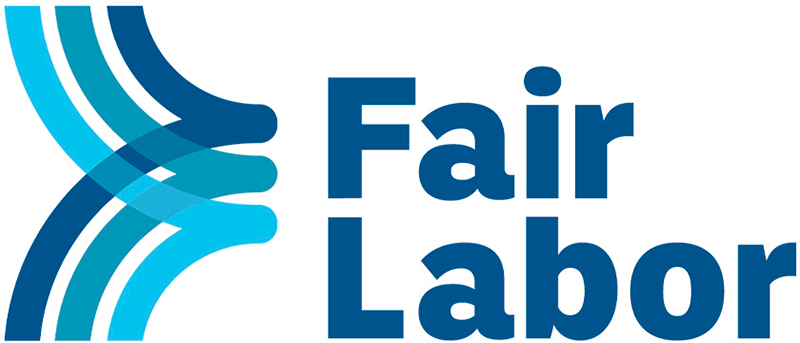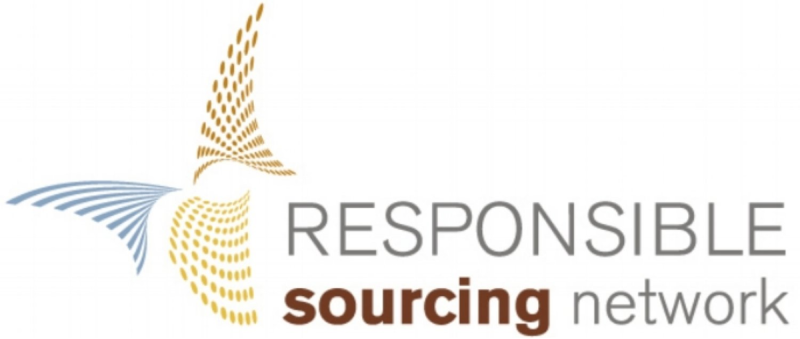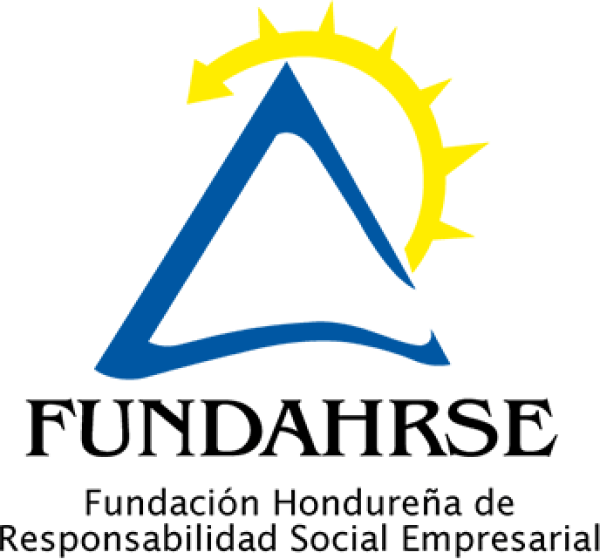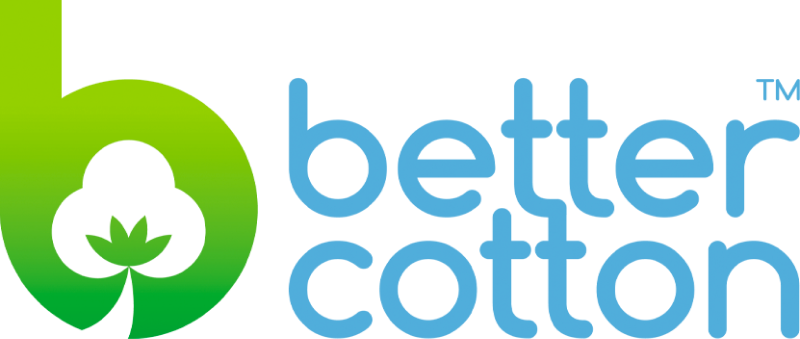Fruitful Futures
Essential goods fit for our changing world
At Fruit of the Loom, Inc., sustainability is both a business imperative and vital momentum for our potential as a global family of brands. This is the thinking behind Fruitful Futures, our sustainability plan for delivering essential goods fit for our changing world.
We built the foundation of Fruitful Futures around the United Nation’s Sustainable Development Goals. In collaboration with employees, suppliers, customers and consumers, we developed our plan around insights from surveys and in-depth workshops, which helped us identify our top priorities. The resulting framework empowers us to enrich the lives of our employees and consumers. It also connects our brands and our people in purposeful work across three commitments: People-Centric, Planet-Conscious and Product Authenticity.
Our Plan
-
The science of climate change is clear, the 2022 United Nations Intergovernmental Panel on Climate Change (IPCC) report suggests that only the most drastic carbon emission reductions will prevent environmental disaster. We are committed to do our part to keep temperatures within 1.5 degrees Celsius by 2030. Here is our climate action plan to meet our science-based targets.
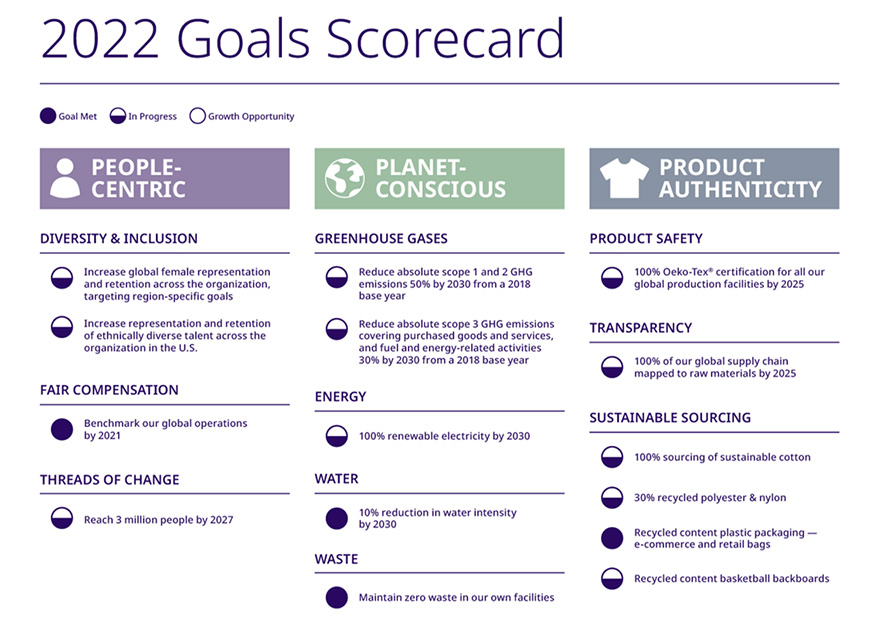
-
To read and download our published Fruitful Futures reports, click below:
2022 Fruitful Futures Sustainability Summary
2021 Fruitful Futures Sustainability Report
-
Managing our plan and staying true to our goals takes board level oversight, and senior leadership teamwork. This is why we have implemented the following governance groups:
Sustainability Steering CommitteeLed by our CEO, the Sustainable Steering Committee oversees all our goals across all three pillars. The steering committee meets quarterly, with other meetings held as necessary to discuss further project updates or plans as the need arises. The committee includes our General Counsel, Chief Human Resource Officer, and SVP of Manufacturing and Sourcing Operations and is led by our VP of Corporate Social Responsibility. Each project is managed through a scorecard which tracks progress of goals on an annual basis.
Sustainability Working GroupThe majority of our greenhouse gas (GHG) footprint is in our supply chain. Our SVP of Manufacturing and Sourcing Operations leads our work on many of our most critical goals through the management of a working group that meets every six weeks. The meetings are used to track progress towards our science-based target greenhouse gas emission goals and to discuss operational challenges and opportunities. The group includes senior employees who report one level below the Board: our VP of Corporate Social Responsibility reports via our General Counsel; our Senior Director of Sustainability and Risk Management reports through our SVP of Manufacturing and Sourcing Operations.
Key Performance Indicators are set annually by corporate and key business areas to include both financial- and sustainability-related goals. These corporate goals are also translated to key business unit (Fruit of the Loom, Russell Athletic, Spalding and Vanity Fair) goals/performance indicators.
Managing Sustainability RisksOur Sustainable Steering Committee considers sustainability risks and opportunities and leads their incorporation into our long-range and annual planning processes. Our business also identifies sustainability risk through our annual Enterprise Risk Assessments. The Enterprise Risk Assessment is run by our Internal Audit Team and is based on a framework that identifies the top 10-12 risks across six areas: Business Performance, Corporate Reputation, Profitability, Brand Strength, Global Supply Chain, Customer Relationship and Employee Relationship Risks.
The team uses the Taskforce for Climate-Related Financial Disclosure (TCFD) framework to inform strategic and financial planning to ensure business resilience and delivery of our GHG goals. The team uses the World Energy Outlook IEA 2021 Scenarios to qualitatively review key drivers and trends that could impact our business whether physical risks from extreme weather or transition risks such as regulatory changes or reputational impacts. Topline results of our analysis and steps to mitigate those risks our publicly outlined in our CDP disclosure.
-
Achieving a fruitful future within the apparel and sporting goods manufacturing industries requires us to address systemic issues that no single company can tackle alone. This is why we work across our supply and value chain to engage with key stakeholders: our suppliers, customers, non-governmental organizations (NGOs), industry associations and consumers.
SuppliersTo create products that meet consumer needs, we rely on more than 450 suppliers to source everything from finished garments to yarn, zippers and buttons. Our Code of Conduct, benchmarks and supplier guidelines outline our way of doing business, which are then translated into 37 languages and shared with our own operations and suppliers. We uphold our code through regular assessments and capacity building. We measure suppliers through performance scorecards that balance cost, quality, delivery and social compliance.
We have also identified the potential to work with strategic suppliers by implementing a process improvement approach to quality and efficiency that will in turn benefit workers and their operations.
CustomersWe work with a range of customers from large, multinational retail partners to wholesale apparel providers and e-commerce. Our goal is to operate with integrity, providing best-in-class service across all channels.
We participate in customer-led sustainability initiatives, such as Walmart’s Project Gigaton, to reduce greenhouse gas emissions. We submit information on our products to the Sustainability Index, maintaining a score of more than 80%. We are also a founding and active member of Walmart’s Merchandise Collaboration Board for Sustainability. And we partner with Walmart and Target to provide facility level information on the environmental performance of our facilities as well as selected suppliers through the Sustainable Apparel Coalition’s HIGG Facility Environmental Module.
Non-Governmental OrganizationsWe value interactions with non-governmental organizations (NGOs) that share our vision for a more equitable and sustainable industry. We collaborate with a wide range of NGOs, such as Fundemas in El Salvador, FUNDAHRSE in Honduras, and Workers Rights Consortium.
Fruit of the Loom, Inc. is an annual participant in the CDP climate change questionnaire.
ConsumersRegular consumer research is critical to our teams for product and brand development — and we regularly survey and study consumers in order to understand their interest in sustainable product propositions across our brands.
Industry AssociationsWe are members of several industry associations, such as the Fair Labor Association and the American Apparel and Footwear Association. Participation in these groups provides opportunities to affect transformational change on systemic issues while increasing our knowledge and capacity through shared learning.
-
The science of climate change is clear, the 2022 United Nations Intergovernmental Panel on Climate Change (IPCC) report suggests that only the most drastic carbon emission reductions will prevent environmental disaster. We are committed to do our part to keep temperatures within 1.5 degrees Celsius by 2030. Here is our climate action plan to meet our science-based targets.
-
Our Commitment
At Fruit of the Loom, Inc., we hold ourselves to the highest ethical and compliance standards to ensure we conduct business responsibly to protect all our stakeholders, from employees and supply chain partners, to customers and consumers.
Our Ethics and ComplianceOur Standards of Business Ethics provide clear guidance to all our employees on our high standards for corporate conduct — wherever they may be located in the world. It covers topics such as:
- Anti-Corruption and Anti-Bribery
- Regulatory Compliance
- Conflicts of Interest
- Confidentiality
- Data Privacy and Protection
- Fraud Prevention
- Accounting and Financial Reporting
- Political Activity
- Third Party Due Diligence
In addition, as a wholly owned subsidiary of Berkshire Hathaway, Inc., our Standards are based on the Berkshire Code of Business Conduct and Ethics and incorporate Berkshire’s Prohibited Business Practices Policy, both of which can be found here.
Our ProgramLed by our General Counsel, our business ethics compliance program ensures our standards and policies are not only understood but adhered to.
Site Auditing: We perform in-depth, ethics and compliance audits annually, focusing on a different facility/region every year.
Employee Training: We have a process for defining which roles are at a risk for corruption and ensuring that employees in those roles, whether salaried or hourly, complete frequent training either online or in-person.
Employee ReportingWe also require detail annual certifications to of thousands of employees in key roles globally with respect to compliance with our Standards of Business Ethics and the Berkshire policies. A central team reviews all responses and follows up as needed.
Supplier EngagementAll our suppliers are required to follow our Supplier Code of Conduct which includes business ethics requirements.



